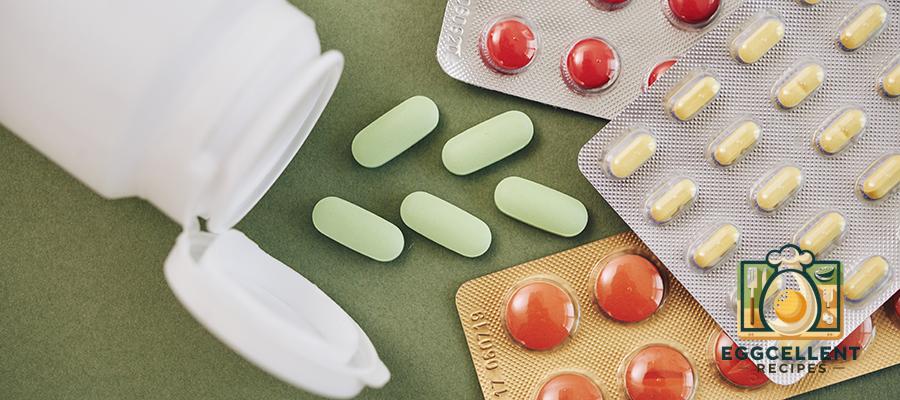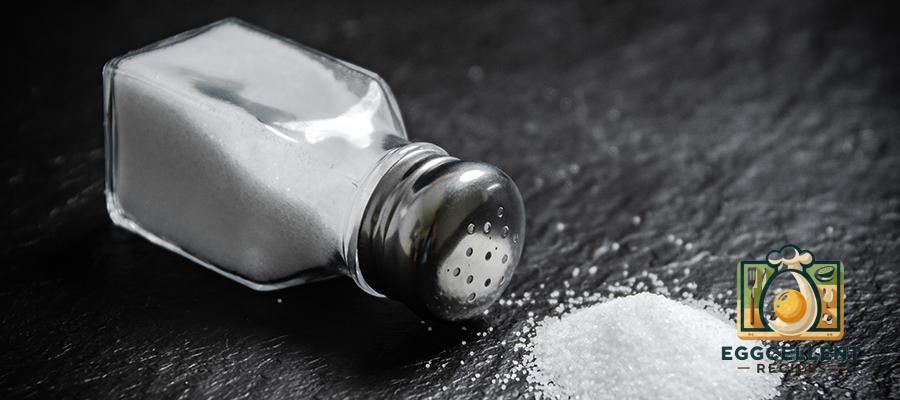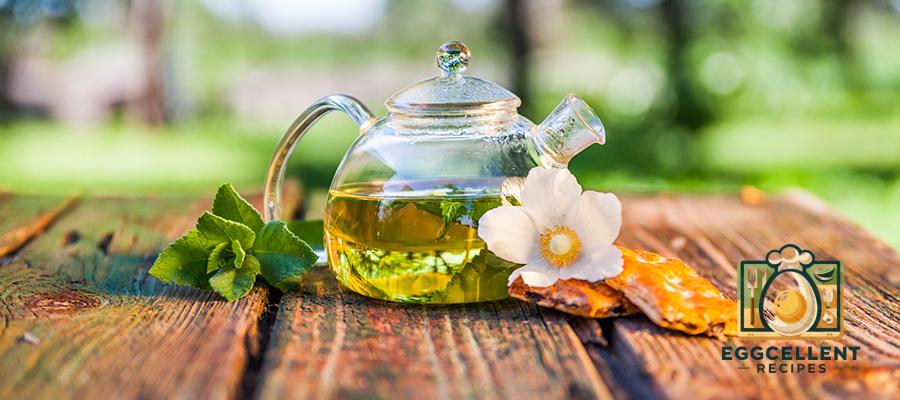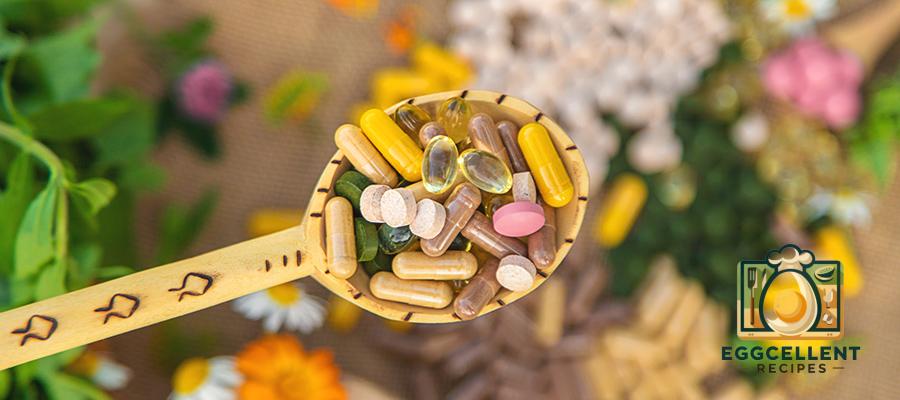
High creatinine levels can indicate kidney dysfunction or other health issues that need attention. Creatinine is a waste product produced by muscle metabolism and is typically filtered out of the blood by the kidneys. When your levels are elevated, it may signify that your kidneys are not functioning optimally. Fortunately, there are several natural ways to help lower creatinine levels and support kidney health.
1. Stay Hydrated

Proper hydration is essential for kidney function. Drinking enough water helps flush creatinine and other waste products from your system.
- How Much? Aim for 8–10 glasses of water daily, but avoid overhydration as it may strain the kidneys in certain conditions.
- Tip: Monitor your urine color; light yellow is a sign of good hydration.
2. Reduce Protein Intake

Excess protein, especially from red meat and other animal products, can increase creatinine production.
- What to Avoid: Limit consumption of red meat, processed meats, and high-protein diets.
- Healthier Choices: Opt for plant-based proteins like beans, lentils, and tofu, but consume them in moderation.
3. Avoid Creatine Supplements

Creatine, a popular supplement for athletes and bodybuilders, is converted into creatinine in the body.
- What to Do: Stop using creatine supplements if your levels are elevated.
4. Eat Kidney-Friendly Foods
Incorporating kidney-friendly foods into your diet can help reduce the workload on your kidneys.
- Low-Potassium Options: Apples, berries, cauliflower, and bell peppers.
- Antioxidant-Rich Foods: Blueberries, cherries, and cranberries support overall kidney health.
5. Limit Sodium Intake

Excess sodium can lead to water retention and increased blood pressure, straining the kidneys.
- How to Cut Sodium:
- Avoid processed and packaged foods.
- Use herbs and spices for flavor instead of salt.
- Check food labels for sodium content.
6. Manage Blood Pressure and Blood Sugar

High blood pressure and uncontrolled diabetes can damage your kidneys over time, leading to elevated creatinine levels.
- Steps to Take:
- Follow a balanced, low-sodium diet.
- Exercise regularly (e.g., walking, yoga, or swimming).
- Monitor blood sugar levels and take prescribed medications if necessary.
7. Reduce Strenuous Exercise

While regular exercise is essential, excessive or high-intensity workouts can increase creatinine levels due to muscle breakdown.
- Modify Your Routine: Focus on moderate activities like walking, cycling, or yoga.
8. Use Herbal Remedies (With Caution)

Certain herbs are believed to support kidney function and lower creatinine levels, but always consult a healthcare provider before use.
- Popular Options:
- Dandelion Root Tea: Acts as a natural diuretic to flush out toxins.
- Chamomile Tea: May help reduce creatinine levels in the blood.
- Nettle Leaf Tea: Supports kidney health by promoting waste elimination.
9. Avoid Nephrotoxic Substances

Substances that can harm your kidneys should be avoided, including:
- Overuse of NSAIDs (nonsteroidal anti-inflammatory drugs) like ibuprofen or aspirin.
- Smoking and excessive alcohol consumption.
10. Regular Medical Check-Ups

If you have high creatinine levels, it’s crucial to monitor them regularly. Your healthcare provider may recommend additional tests to determine the underlying cause and provide tailored treatment.
Final Thoughts
Lowering creatinine levels naturally involves adopting kidney-friendly dietary habits, staying hydrated, and avoiding practices that strain your kidneys. While these tips can be effective, always consult a healthcare professional if you have elevated creatinine levels or existing kidney conditions. A proactive approach to your health can lead to improved kidney function and overall well-being.






